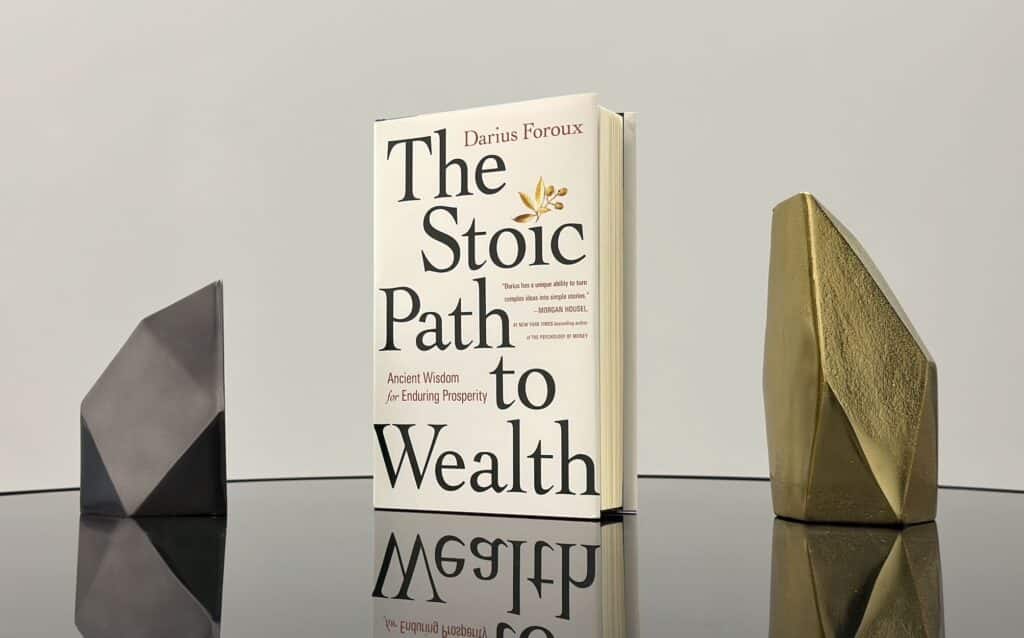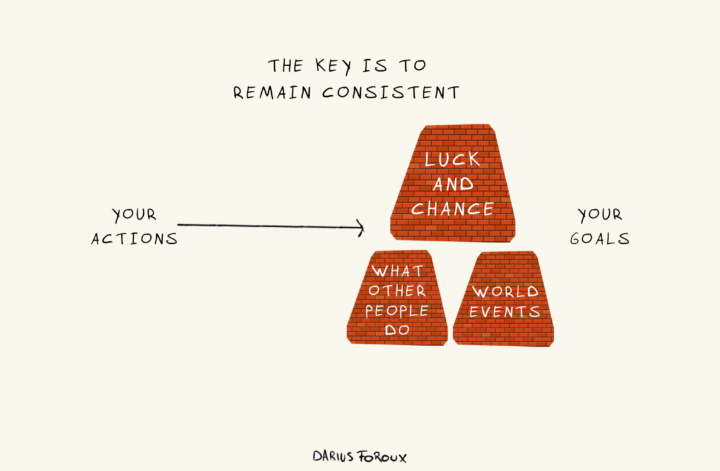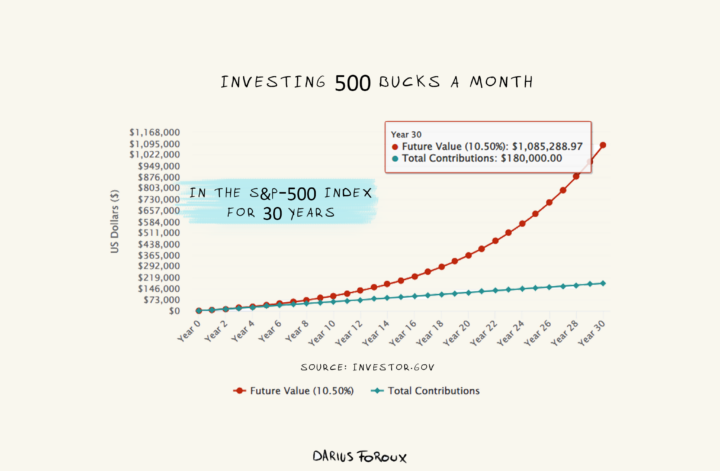I’ve been practicing and studying Stoicism for a decade. Here are 22 stoic lessons I’ve learned from the greatest Stoic philosophers.
- Life is about managing your reactions — We give too much time and energy to the things we don’t control. What others think, what happened to us, the economy, etc. Life is not about what happens, but how you respond.
- Misfortune is fortune — When bad things happen to you, you always think it’s the end of the world. But as time goes by, you see that those bad things shape you. It’s actually your real fortune.
- Thinking about loss makes you tougher — Imagine losing your job, home, or relationships. This makes you appreciate them more. And you won’t take them for granted. The Stoics believed that visualizing your life without its current comforts makes you more resilient.
- Guard your mind vigorously — Be mindful of what occupies your mind. Avoid gossip, social media garbage, and other negative influences that cloud your judgment. For example, cutting down my social media time improved my focus and mood significantly.
- Embrace amor fati — Love everything that happens. Embrace each moment, good or bad, as necessary and something to be embraced rather than avoided. Accepting life as it comes has made my days much more peaceful.
- Live simply — Simplifying my lifestyle helped me free up a lot of mental energy. I no longer think, “I want that,” when I see something desirable. Practice being content with very few things. Live humbly and don’t be attached to material wealth or social status. Appreciate what you have.
- Always see everything in the right perspective — Take an objective view of yourself and your life. It provides clarity and perspective. Stepping back allows you to see the bigger picture clearer.
- It’s better to be reserved — “I’ll do x, but it’s not up to me.” Things like chance, luck, and so forth are always a factor. But these things are out of your control. Remind yourself that all things are temporary when making plans or expectations. This is especially true for investing. You control your decisions but not how much money you make.
- Stay objective — Represent things to yourself as they are, not worse than they are. Stop saying, “This is the end of the world.” Strip away unhelpful judgments or stories. Viewing situations without exaggeration is one of the best things you can do for your mental health.
- Consider what your heroes would do — The Stoics always credited and looked up to the thinkers that came before them. Marcus Aurelius quotes Epictetus, who in turn quoted Musonius Rufus, who quoted Zeno. When you want to do something, visualize the most admirable person you know. Then act how they would act in any given situation. I often think of what Warren Buffett would do when I make financial decisions.
- Invert principles — To gain wisdom, consider the opposite of common advice. Instead of chasing more money, think about how you can avoid going broke. Instead of chasing happiness and pleasure, avoid the things that make you feel worthless. This counterintuitive approach often reveals deeper truths.
- Practice apatheia — In Stoic philosophy, apatheia refers to a state of mind in which one is peaceful and in balance. It’s not related to the word apathy, which has a negative connotation related to not feeling emotions. Stoic apatheia refers to not allowing your emotions to control your behavior. This is something you can improve with practice.
- Prepare for misfortunes when everything is going well — Mentally rehearse potential misfortunes or obstacles before they happen, not when you’re going through them. You’ll handle them better when they arise. I regularly meditate on losing money when markets are at all time highs. Similarly, I imagine that I will eventually get injured. So when it happens, I’m not angry. Don’t worry about turning this into a self-fulfilling prophecy. This is merely a mental exercise that you can occasionally do.
- Don’t make exceptions — Be willing to apply your principles consistently, even in situations where it isn’t convenient or comfortable. If you decide to quit alcohol, don’t use excuses like, “It’s Saturday night” or “It’s so and so’s birthday.” If you set out to do something or live in a certain way, stick to it.
- Practice moderation and self-restraint — Don’t indulge in unhealthy excesses of food, drink, entertainment, etc. Even when there’s a special occasion, practice self-restraint. Never let yourself go. There’s no honor in that. This type of discipline brings a deeper sense of satisfaction than anything else in life.
- Take pride in virtue — Take pride in doing good work, no matter how small or insignificant the task. All virtuous actions are equally valuable. Find joy during your commute, on your walk, when you’re sitting on the couch with your partner, having breakfast with your kids, and so forth. Be present. Be virtuous.
- Eliminate empty desires — Don’t let superficial yearnings for fame, status symbols, or vices control you. Ignore all the people who show off and virtue signal on social media. None of that matters to you. Focus on living a good life.
I hope you can apply these lessons in your life to find more peace, calm, and tranquility. What Stoicism does for me is priceless.
Every day, philosophy gives me the inspiration and wisdom to live my own life without getting distracted by anything. And to accept whatever happens. In the words of Epictetus:
”Don’t seek for everything to happen as you wish it would, but rather wish that everything happens as it actually will—then your life will flow well.”
Who doesn’t want to get what they wish for?
Order The Stoic Path to Wealth
My new book, The Stoic Path to Wealth (Portfolio / Penguin), is out now.

Learn more here: stoicpathtowealth.com




